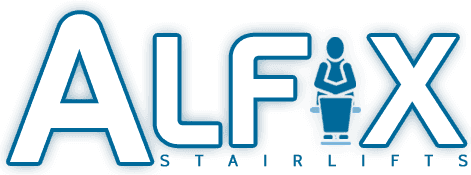What is a Fall Risk Assessment?
A common cause of injury in older adults is falling. What may seem like a minor accident can actually cause you a lot of harm – and in some cases may even be life-changing. A dangerous fall is most common in adults aged 65 and over, so it’s vital you keep yourself safe by considering taking a fall risk assessment.
When do I need a fall risk assessment?
A fall risk assessment is an analysis of your environment and mobility to take precautions to reduce the risk of a fall happening. This will then offer an indication of ways in which your home could be safer. A fall risk assessment will be covered under an occupational therapy benefit which focuses on a person’s ability to participate in desired daily life activities. As ageing can affect your ability to enjoy your life, occupational therapy is essential for aiding the transition.
If you suffer from issues with balance, chronic illness, vision impairment, rapid heart rate or dizziness, you may need a fall risk assessment. This initial screening will cover a series of risk factors about your overall health and environment. If you feel unsteady at any point, it’s a good idea to ask your GP for some additional support to ensure you reduce any risk of a fall.
What will they assess?
If an occupational therapist has come to your home to assess you and your environment, they will likely do a fall risk assessment to determine the potential of a harmful fall occurring. During your risk assessment, they will likely consider the following factors:
- Medications – Some medications may increase the likelihood of you falling and are therefore a risk factor to take into account. These could include anti-anxiety drugs, Benadryl, prescription medications to treat overactive bladder, tricyclic antidepressants and prescription sleep drugs. This is because some medications may cause drowsiness and dizziness which can lead to a fall.
- Exercise tolerance – This would assess your mobility and how this may make it more difficult to move safely around your home. They may ask you to complete some tests to assess your endurance such as the 30-second chair stand test.
- Environmental check – This will assess how your environment may increase the risk of a fall or worsen the injury of a fall. It will take into account how warm the house is, what tripping hazards there may be such as pets or cables and what equipment there is already in place such as stairlifts, chair raisers and walking sticks.
If the assessor believes there is a high risk of a fall they will suggest adaptations to decrease the risk and improve the safety of your home.
Alfix provides and installs dependable stairlifts to help make your home safe and reduce the risk of a fall. To find out more about what we can offer, visit our website or give us a call on 01926 334848.
